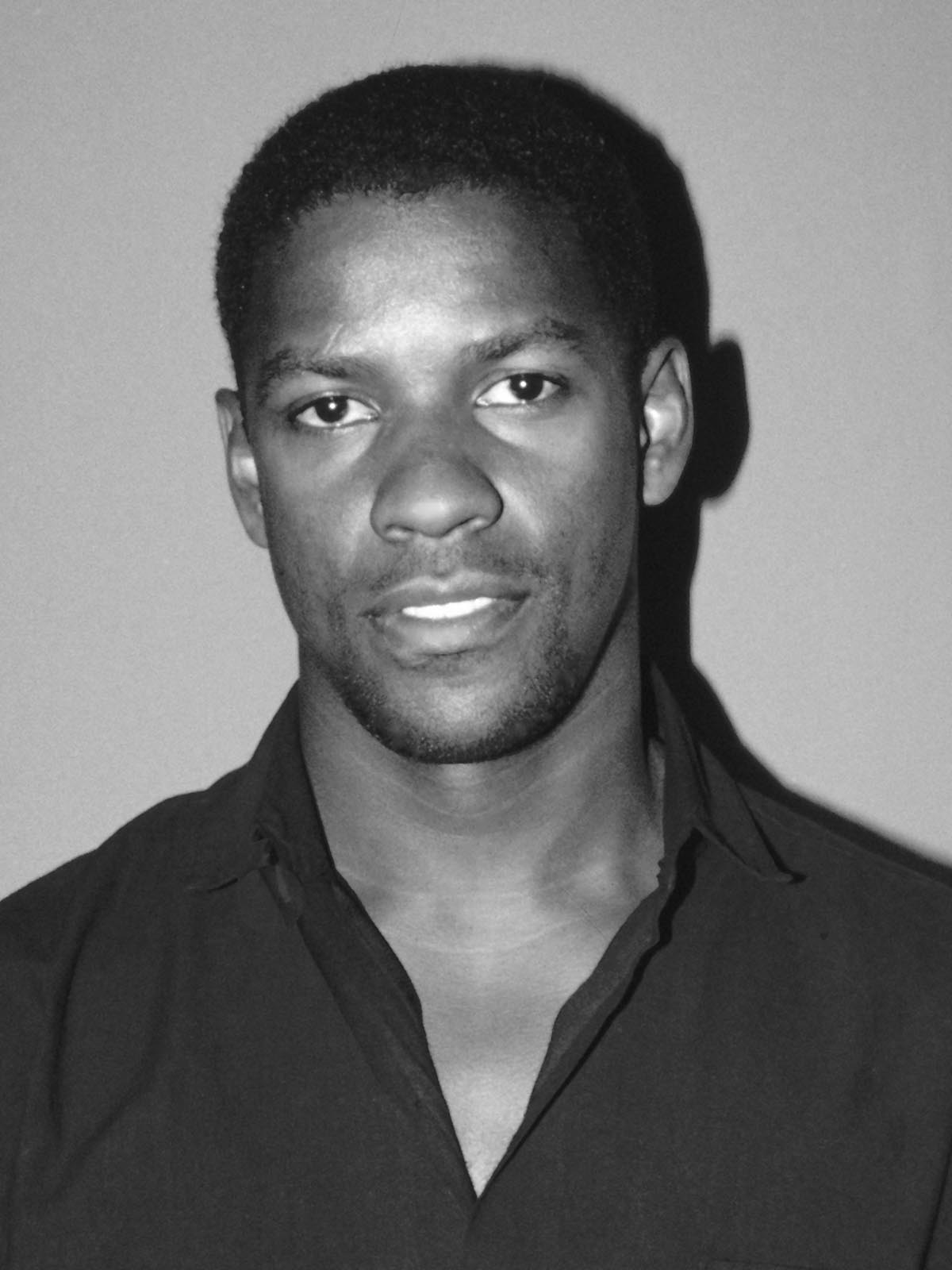
- Golden Globe Awards
Out of the Archives: Denzel Washington on Apartheid
Denzel Washington, honored with the Cecil B. deMille award at the 2016 Golden Globes, talked to the journalists of the Hollywood Foreign Press in 1987 about Cry Freedom (1987) directed by Richard Attenborough.
“You know, Black people in America are about the only group of people who have no specific idea where they’re from, we’ve been severed from all of our roots. I don’t know where my ancestors come from any further back than the fact that my great-great-grandparents worked on a Washington plantation. Most Black Americans have no ties to their past, as far as Africa is concerned. So, going to Africa was such a great experience for me, it was like a homecoming, although I don’t know if Zimbabwe was specifically where I was from, it was such a warm feeling, and the people there were really receptive, and they helped me in every way possible.”
“It was a great honor to work with Sir Richard Attenborough, and my primary concern was to do justice to Steve Biko, to present him in the most positive way and in a way that would not compromise his beliefs or embarrass him. The most exciting part of the whole project for me was getting to learn about Steve Biko.”
“I went over there with a lot of anger, and as one who hasn’t really shed any blood, I had all of these idealistic ideas about how to change what’s going on. And then you meet someone who had their whole family wiped out and who’s only looking for peace, and it just takes the air out of you.”
“It was a humbling experience to find out what people have gone through, in the face of that type of danger, and it gave me a lot more courage. Even in Zimbabwe where, with Southern Rhodesia, it was a situation much like in South Africa, I was meeting people who have had their brothers or sisters or mothers shot in front of them, or spent ten to twenty years in prison, or had their arms cut off because they wouldn’t say the right thing to the government, and that has affected me for the rest of my life.”
“My feelings and my beliefs about apartheid in South Africa haven’t changed since the movie, but now I have a much better understanding of what goes on there, being so close to the country, working and talking with a lot of Black and White South Africans, so in that respect, I have much more compassion for what’s going on. What I’ve learned is that it’s a very complex problem, and I hope that it can be worked out bloodlessly. I am convinced that sanctions are a very powerful tool, but it’s difficult to come up with a solution. Universal did a survey in the States and they found that only 12% of the people they polled knew what apartheid was.”

